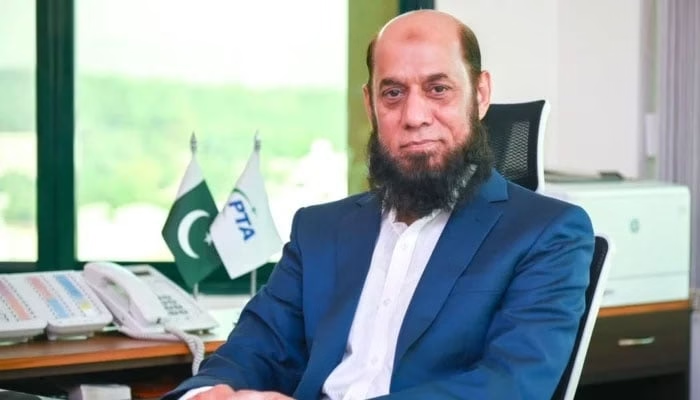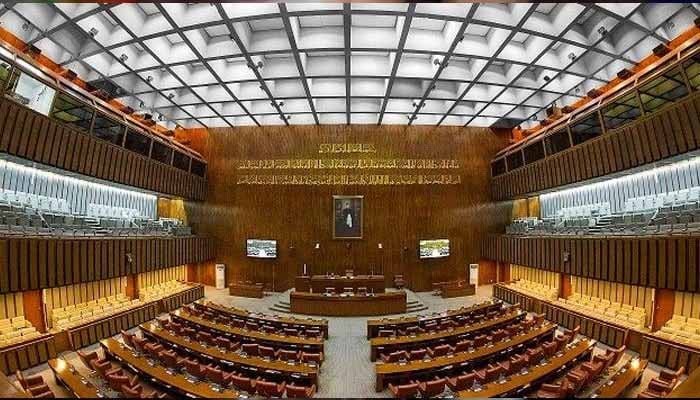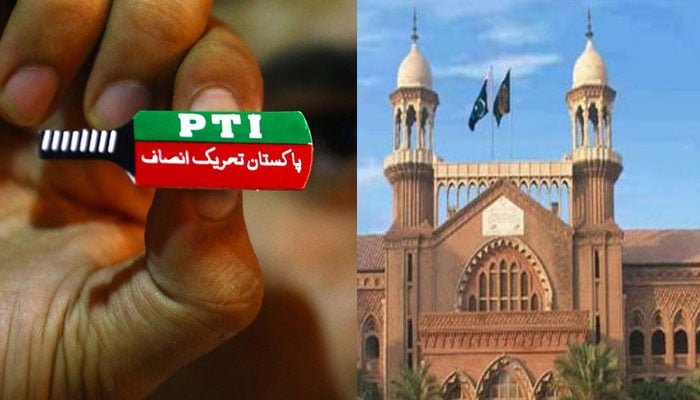The Islamabad High Court (IHC) and PTA Chairman case has become a significant legal development in Pakistan’s judicial and regulatory landscape. On Thursday, the IHC suspended the order of Justice Babar Sattar, which had earlier removed Pakistan Telecommunication Authority (PTA) Chairman Major General (retd) Hafeez Ur Rehman from his post. This case raises important questions about due process, constitutional limits, and the independence of regulatory appointments.
Islamabad High Court and PTA Chairman Case: Background of the Controversy
The Islamabad High Court and PTA Chairman case began when a single-bench order by Justice Babar Sattar declared the appointment of Hafeez Ur Rehman invalid. Justice Sattar observed that the recruitment process lacked integrity and was “malafide in law.” According to the judgment, since the foundation of the appointment was illegal, all subsequent decisions taken based on it must also collapse.
The single-bench decision further directed that a senior member of PTA should temporarily serve as chairman until a valid appointment could be made. However, this ruling sparked immediate appeals from the federal government, PTA, and the affected chairman himself.
Division Bench Suspends Justice Sattar’s Ruling
In the Islamabad High Court and PTA Chairman case, a two-member division bench comprising Justices Muhammad Asif and Inaam Ameen Minhas heard the intra-court appeals. After reviewing arguments, the bench suspended the single-bench ruling and reinstated Hafeez Ur Rehman as PTA chairman.
Advocate Qasim Wadud appeared on behalf of the reinstated chairman, while PTA’s counsel Salman Mansoor raised strong objections to the earlier judgment. He argued that the single bench had granted relief beyond what was even requested in the original petition. According to Mansoor, neither the rules governing the chairman’s removal were challenged nor was a legal notice issued to the Attorney General, which is a procedural requirement.
Procedural Concerns in the Islamabad High Court and PTA Chairman Case
A critical point of contention in the Islamabad High Court and PTA Chairman case was whether Justice Sattar’s ruling violated Article 199 of the Constitution. PTA’s counsel argued that relief cannot be granted for matters not directly raised in a petition. Moreover, the judgment was allegedly reserved when some counsels were unavailable due to leave, and objections filed through separate petitions were not fully heard.
Despite these claims, Justice Muhammad Asif observed during the proceedings that sufficient opportunities had been provided for arguments. Nevertheless, the division bench accepted the appeals and restored Hafeez Ur Rehman to his position.
Implications for Regulatory Governance
The Islamabad High Court and PTA Chairman case has broader implications for governance in Pakistan, particularly in how regulatory appointments are made. Justice Sattar’s 99-page judgment highlighted the importance of transparency and integrity in such processes. By declaring the recruitment process “tainted with malice in law,” the judgment underscored the potential risks of politicized or irregular appointments in independent authorities like PTA.
However, the suspension of that ruling by the division bench reflects the judiciary’s internal checks and balances. It shows how single-bench decisions can be re-examined through intra-court appeals to ensure fairness and compliance with constitutional requirements.
Public and Industry Reactions
The Islamabad High Court and PTA Chairman case has drawn attention from both political and telecom industry circles. The PTA is one of Pakistan’s most important regulatory bodies, overseeing telecom, internet services, and digital policy implementation. Uncertainty in its leadership can directly impact regulatory decisions, investor confidence, and policy continuity.
According to Pakistan Telecommunication Authority’s own annual report for 2024, the telecom sector contributes nearly 6.1% to the country’s GDP and generated revenues of more than Rs 850 billion. With such high stakes, controversies around the PTA chairman’s position are bound to have ripple effects on economic and governance outcomes.
Constitutional and Legal Lessons
The Islamabad High Court and PTA Chairman case emphasizes three legal lessons:
- Judicial Oversight of Appointments – Courts play a critical role in reviewing whether appointments follow merit and legal standards.
- Limits of Relief in Petitions – As raised by PTA’s counsel, relief should not exceed the scope of the petition itself.
- Checks within the Judiciary – The intra-court appeal process ensures that judicial orders undergo scrutiny before becoming final.
These principles underline the importance of due process in maintaining the credibility of institutions.
The Road Ahead for the PTA Chairman Case
The Islamabad High Court and PTA Chairman case reflects the complexities of governance, legality, and regulatory integrity in Pakistan. While Justice Babar Sattar’s ruling sought to uphold transparency in appointments, the division bench’s suspension highlights procedural fairness and constitutional limits.
For now, Major General (retd) Hafeez Ur Rehman has been reinstated as PTA chairman, but the broader questions about recruitment practices remain unresolved. As Pakistan’s telecom sector continues to grow and digital governance becomes central to economic progress, ensuring integrity in regulatory appointments will remain a pressing issue.



